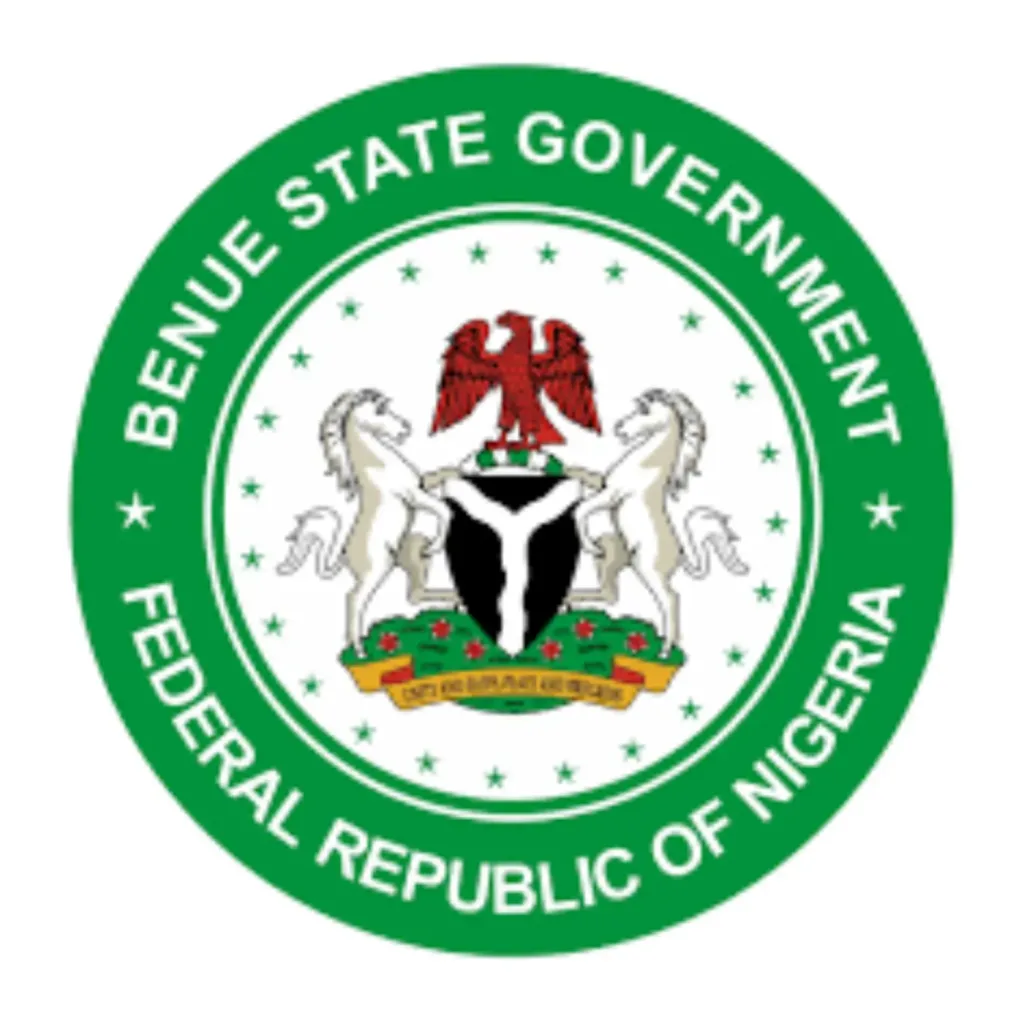The Benue State Government in north-central Nigeria has pledged to deepen its partnership with the Independent Corrupt Practices and Other Related Offences Commission (ICPC), reinforcing its drive to curb graft and promote accountability in public office. During a weekend meeting in Makurdi, state officials outlined plans to align local governance structures with national anti-corruption frameworks while addressing systemic pressures that enable unethical practices.
Special Adviser to the Governor on Local Government and Chieftaincy Affairs, Denen Aondoakaa, disclosed the administration’s resolve during a courtesy visit by the Benue State ICPC Resident Commissioner, M.A. Wala. Aondoakaa emphasized Governor Hyacinth Alia’s directive for transparency among appointees and civil servants, particularly in managing public resources. “This commitment is reflected in ongoing infrastructure upgrades, timely salary and pension disbursements, and targeted interventions transforming Benue into a center for development,” he stated.
The collaboration aims to strengthen oversight mechanisms across local governments, often seen as vulnerable to mismanagement due to limited scrutiny. Aondoakaa underscored the role of public education in reshaping societal attitudes, noting that “undue financial demands on officials by citizens can perpetuate corruption.” He called for community-level campaigns to discourage such practices, framing the issue as a shared responsibility requiring “cultural and behavioral shifts.”
In response, ICPC Commissioner Wala outlined the agency’s dual strategy of enforcement and prevention. While acknowledging the importance of prosecuting offenders, he stressed proactive measures like institutional audits and grassroots awareness programs. “Extending our reach to local councils is critical, as corruption often thrives where accountability systems are weakest,” Wala explained, adding that system reviews would identify vulnerabilities in resource allocation and service delivery processes.
Both parties affirmed plans to formalize joint initiatives, including training for local administrators and streamlined reporting channels for citizens. The dialogue comes amid Nigeria’s broader anti-corruption efforts, where subnational governments face increasing pressure to align with federal transparency standards. Benue’s push mirrors growing recognition that decentralizing anti-graft measures could yield more sustainable results, particularly in agrarian states where development funds are often scrutinized.
Infrastructure projects—including road construction and public facility upgrades—were cited as tangible evidence of the administration’s accountability focus. However, observers note that sustaining progress will require addressing structural challenges like bureaucratic bottlenecks and historical trust deficits between communities and institutions.
With Nigeria ranking 145th out of 180 countries in Transparency International’s 2023 Corruption Perceptions Index, initiatives blending enforcement with civic education are gaining traction. The Benue-ICPC partnership signals a localized adaptation of this approach, testing whether combining institutional reforms with societal engagement can reduce vulnerabilities in resource governance.
